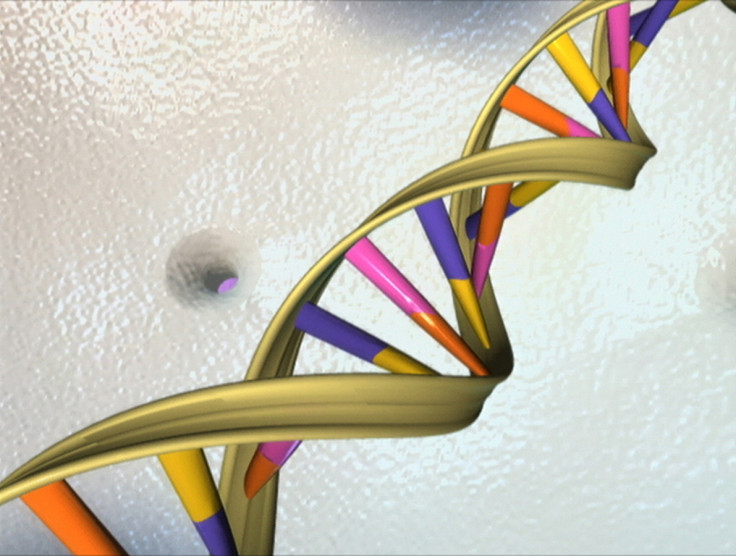Genetics: Other players influence inherited traits besides DNA

Changes made to the protein spools that surround chromosomes are passed down generations, proving that inherited traits are decided by more than just DNA, says a new study.
Scientists of the University of Edinburgh studied histones, which are not part of the genetic code but are known to control whether or not genes are switched on.
Naturally occurring changes to these proteins, when induced in a yeast with similar gene control mechanisms as in human cells, were kept between generations.
Changes which caused nearby genes to switch off were inherited by subsequent generations of the yeast cells. This proved that epigenetic changes can also decide which traits are passed on.
"We've shown without doubt that changes in the histone spools that make up chromosomes can be copied and passed through generations," Professor Robin Allshire, of the University School of Biological Sciences, who led the study, said.
"Our finding settles the idea that inherited traits can be epigenetic, meaning that they are not solely down to changes in a gene's DNA," said Allshire.
Both the histone modification and its gene-deactivating effect were shown to be inherited independently of DNA sequence, DNA methylation, or RNA interference.
The study was published in Science, in an article entitled, "Restricted epigenetic inheritance of H3K9 methylation".
The next step would be to see how and when this method of inheritance occurs in nature, as also how frequent the process is, and if it is linked to particular traits or health conditions.
An important aspect of the study would be to see if changes to the histone proteins that are caused by environmental conditions can influence the function of genes passed on to offspring.
© Copyright IBTimes 2025. All rights reserved.





















